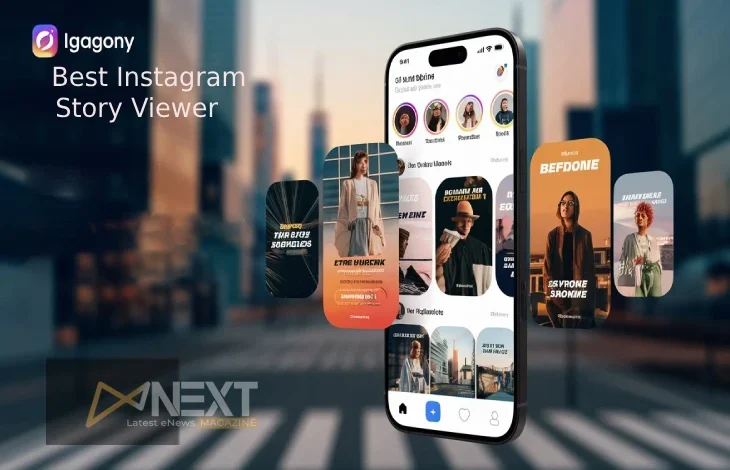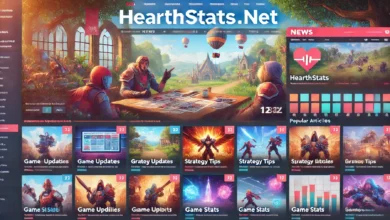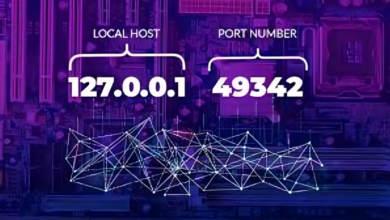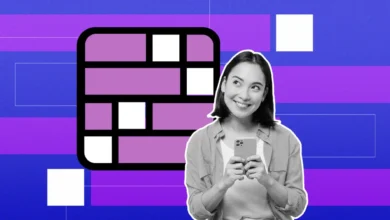The Rise of Igagony: Exploring the Emotional Impact of Social Media Comparison

introduction
Have you ever felt a pang of discomfort while scrolling through Instagram, seeing perfect photos of dream vacations, flawless outfits, or gym selfies? That feeling of inadequacy has a name—igagony. It’s that mix of envy, insecurity, and self-doubt triggered by social media, especially platforms like Instagram. But what is igagony, really? And why does it affect so many of us? Let’s dive in and uncover the truth behind this modern emotional struggle.
What Is Igagony?

At its core, igagony is the emotional turmoil sparked by comparison on social media. It’s the frustration of feeling “less than” after seeing someone else’s seemingly perfect life. This term, blending “Instagram” and “agony,” perfectly encapsulates the distress tied to curated content online.
Unlike traditional jealousy, igagony isn’t just envy. It’s a mix of fascination and self-doubt. You might admire someone’s achievements while simultaneously questioning your own choices. The irony? Most of what we see on social media is far from reality.
The Roots of Igagony
Social media platforms like Instagram were originally designed to connect people. Over time, however, they’ve evolved into highlight reels of life’s best moments. Think about it: how often do you post an unflattering photo or share a bad day?
This selective sharing creates a false sense of perfection. When you’re bombarded by curated images, it’s easy to fall into the trap of comparison. Add filters, lighting, and clever captions to the mix, and even the most confident individuals can feel inadequate.
Why Do We Compare Ourselves?
Human beings are naturally wired for comparison. For centuries, comparing skills, appearances, and resources was key to survival. In today’s world, though, this instinct plays out differently.
Social media amplifies this tendency, making it almost impossible to avoid. You might think, “If they can do it, why can’t I?” or worse, “I’ll never be as good as them.” The constant exposure can chip away at self-esteem, leaving you questioning your worth.
How Does Igagony Affect Mental Health
The emotional effects of igagony are far-reaching. Studies show that excessive time on social media can lead to anxiety, depression, and loneliness. Constant comparison might cause you to set unrealistic goals or undervalue your achievements.
For some, igagony can trigger obsessive behaviors like excessive scrolling or chasing likes. Over time, this can create a vicious cycle of self-doubt, where validation from others becomes the primary focus.
The Role of Algorithms in Igagony
Let’s not forget the algorithms. Social media platforms are designed to keep you engaged. By showing you content that aligns with your interests, they encourage more scrolling. Unfortunately, this often means seeing the same type of posts that fuel igagony.
For example, if you frequently view fitness influencers, your feed will be filled with more chiseled physiques. This reinforcement creates a distorted reality, making it harder to break free from negative comparisons.
Who Is Most Vulnerable to Igagony?

While igagony can affect anyone, certain groups are more vulnerable. Teenagers and young adults, for example, often tie their self-worth to social approval. They’re more likely to feel the sting of comparison due to their stage in life.
Additionally, individuals with pre-existing insecurities or those in transitional phases—like a career change or a breakup—are more likely to experience igagony. Social media becomes a mirror, reflecting perceived shortcomings rather than strengths.
Breaking Free from Igagony
If igagony sounds all too familiar, don’t worry—you’re not alone, and there are ways to combat it. The first step is awareness. Recognizing when and why you feel this way is crucial.
One effective method is curating your feed. Follow accounts that inspire you or make you feel good about yourself. Unfollow those that trigger negative emotions, even if it’s a close friend or family member.
Set Boundaries with Social Media
Setting boundaries can make a huge difference. Try limiting your screen time or scheduling social media breaks throughout the day. For example, avoid checking Instagram first thing in the morning or right before bed.
Another helpful tip is to avoid comparing your behind-the-scenes to someone else’s highlight reel. Remind yourself that what you see online is often a polished version of reality.
Practice Gratitude and Self-Compassion
Gratitude can help shift your focus from what you lack to what you have. Make a habit of listing three things you’re grateful for each day. This simple practice can ground you and reduce feelings of inadequacy.
Self-compassion is equally important. Instead of criticizing yourself for not measuring up, treat yourself with kindness. Remember, everyone’s journey is unique, and success looks different for everyone.
The Positive Side of Social Media
While it’s easy to blame Instagram for igagony, social media isn’t all bad. It can be a powerful tool for connection, learning, and self-expression. The key is using it mindfully.
Engage with content that uplifts you or challenges you in a healthy way. Share your own authentic experiences, and encourage others to do the same. Over time, this can create a more balanced and supportive online environment.
When to Seek Help
If igagony feels overwhelming, don’t hesitate to seek professional help. Talking to a therapist or counselor can provide valuable tools for managing emotions. They can help you navigate the pressures of social media and build resilience.
Remember, seeking help isn’t a sign of weakness—it’s a step toward self-care and personal growth.
A Future Beyond Igagony
In a world dominated by likes and filters, igagony is a reminder of the importance of authenticity. By learning to use social media intentionally, we can reduce its negative effects and focus on what truly matters.
conslution
Let’s strive for a future where social media is a source of joy, not distress. After all, life is about more than perfect photos—it’s about real connections and genuine experiences.Final Thoughts
Igagony is a modern emotional challenge, but it’s one we can overcome. By understanding its roots, setting healthy boundaries, and practicing self-compassion, we can take control of our online experiences. So the next time you feel a twinge of igagony, pause and remind yourself: you’re more than a filtered snapshot



